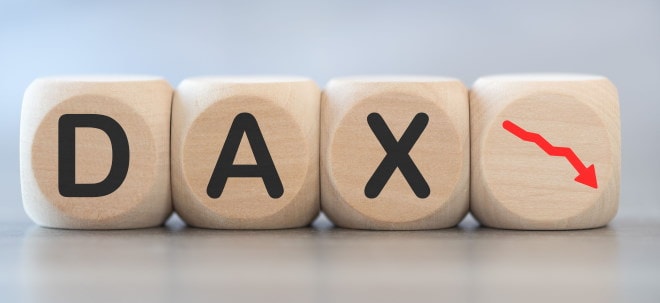Safeguards That Protect the Federal Electoral Process
GATINEAU, QC, April 2, 2025 /CNW/ -
- A number of built-in safeguards protect the integrity of a federal election at every stage of the electoral process. These safeguards are designed to ensure that an election follows the procedures and provisions outlined in the Canada Elections Act and respects the pillars of electoral democracy.
- Protecting an election requires a whole-of-society approach. While Elections Canada administers federal elections independently and oversees the safeguards in the voting process, security agencies, the Commissioner of Canada Elections, political parties, candidates and electors all have a role to play in ensuring the integrity of an election.
- See below for just a few examples of the safeguards in place before, during and after an election.
Leading up to an election
- Elections Canada maintains a strong security position and follows government-wide best practices. We work closely with security partners to share information and discuss our distinct and complementary roles, responsibilities and protocols under different scenarios.
- We have implemented security by design, making security a foundational part of every new IT system or process that we develop. New technology solutions are designed to meet the Government of Canada's suite of stringent cybersecurity policies and standards.
- We work with the Canadian Centre for Cyber Security to ensure that any anomalies on our platforms or in our systems can be quickly detected through the monitoring functions of both our agencies.
- Elections Canada continuously updates the National Register of Electors using data from over 40 sources. An accurate Register helps ensure that only eligible Canadians cast a ballot and do so in the right electoral district.
- Elections Canada has a mandate to ensure that Canadians are well informed about the electoral process. We do this by conducting voter outreach and information campaigns on the ways to register and vote, on how to be a candidate and on the safeguards that protect the integrity of our elections. We also work with educators and civil society groups to offer educational programming.
- We monitor the information environment for inaccurate information on the electoral process and correct false narratives through our ElectoFacts web page.
During an election
- Electors must prove who they are and where they live when they go to vote. They must show ID with the same name and address as on their voter registration.
- The same identification rules apply when applying to vote by special ballot. Electors living abroad must also provide proof of their Canadian citizenship.
- The secrecy of the vote ensures that electors are not forced to vote for a certain candidate or party.
- Trained, paid election workers follow specific procedures to comply with the Canada Elections Act while at the polling station. They keep records of everything that they do.
- The counting process is transparent. Election workers count paper ballots in front of witnesses, including candidates or their representatives, as outlined in the Canada Elections Act.
After an election
- The returning officer validates the results for their electoral district in the presence of the assistant returning officer as well as candidates, their representatives or other witnesses. This usually occurs within a week after election day.
- All concerns about the regularity of an election—other than matters handled through judicial recounts—are addressed through the contested election process.
- Ballots are stored for 10 years following an election and can be accessed by the Commissioner of Canada Elections if they need to be verified as part of an investigation.
- The independent office of the Commissioner of Canada Elections has the mandate to ensure that the Canada Elections Act is complied with and enforced, and to investigate potential contraventions. The Commissioner can receive complaints from the public in English, French and other languages.
It is important that Canadians know about the safeguards that are in place to protect the integrity of the federal electoral process. Electoral integrity is at the core of everything that Elections Canada does, but we all have our part to play—from candidates to political parties, to electors themselves. I encourage anyone who wants to support our electoral process, or who is curious to see democracy in action, to come work for us and experience it for themselves.
—Stéphane Perrault, Chief Electoral Officer
Elections Canada is an independent, non-partisan agency that reports directly to Parliament.
Subscribe to our news service at elections.ca.
SOURCE Elections Canada

